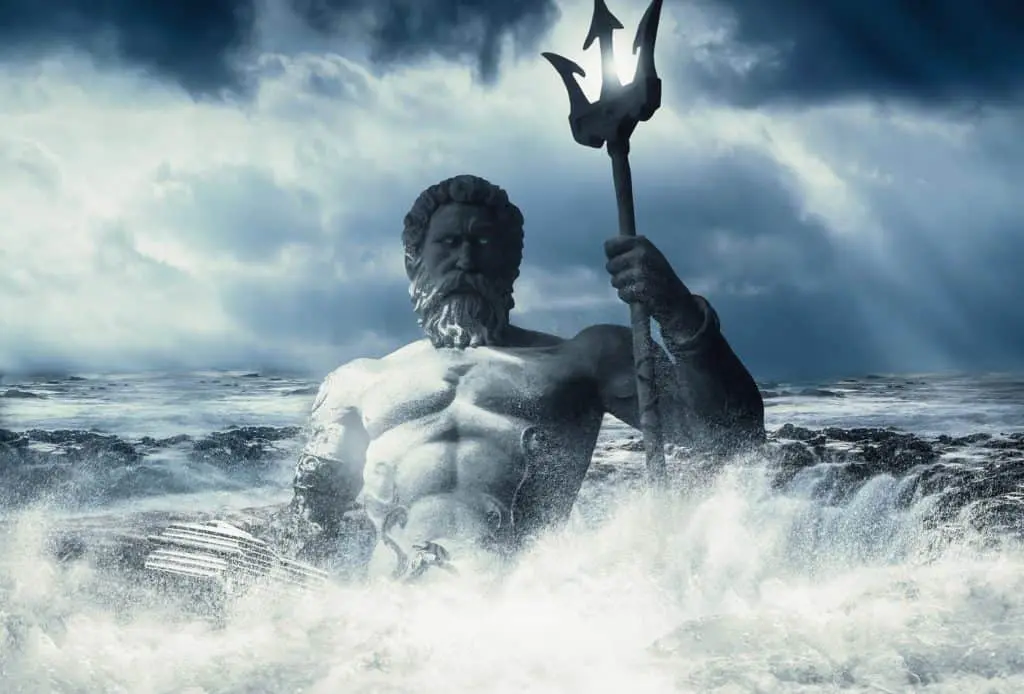The Fascinating World of Ancient Gods in Mythology
An exploration of the roles and significance of ancient gods in mythology across cultures, including Greek, Egyptian, and Norse mythology. Examining the portrayal of these supernatural beings and their impact on human life, the article highlights the enduring appeal of ancient myths and their relevance to understanding the beliefs and traditions of past civilizations. Through a journey into the fascinating world of ancient gods, readers gain insight into the complex and multifaceted nature of human spirituality and the enduring legacy of mythology.

Ancient gods are an important part of mythology in various cultures around the world. They are often portrayed as supernatural beings with divine abilities, who govern various aspects of human life such as the weather, fertility, and war.
In Greek mythology, ancient gods include Zeus, Poseidon, and Hades, who rule the sky, sea, and underworld respectively. They were often portrayed as humanoid beings with extraordinary powers, and their stories were told in epic legends such as the Iliad and the Odyssey.
In Egyptian mythology, ancient gods include Ra, Anubis, and Isis, who rule the sun, death, and fertility respectively. They were often portrayed as beings with animal characteristics, such as lion or bird heads.
In Norse mythology, ancient gods include Odin, Thor, and Loki, who rule war, thunder, and fire respectively. They were often portrayed as powerful warriors and had a strong connection to nature.
Although belief in ancient gods has declined in many cultures, their stories and myths are still studied and appreciated today. They offer a fascinating glimpse into the beliefs, values, and traditions of ancient civilizations, and remind us of the importance of mythology in understanding human history and culture.







